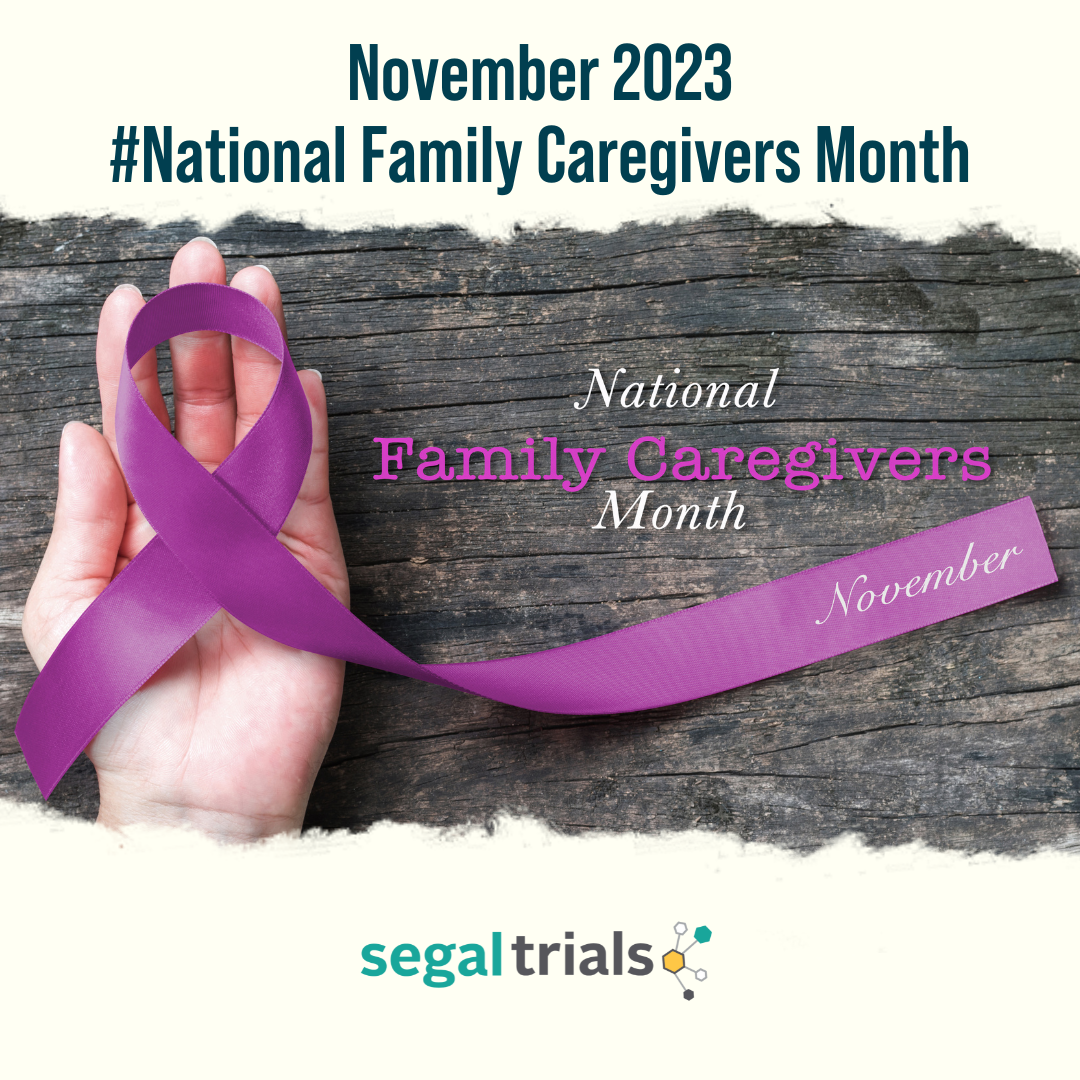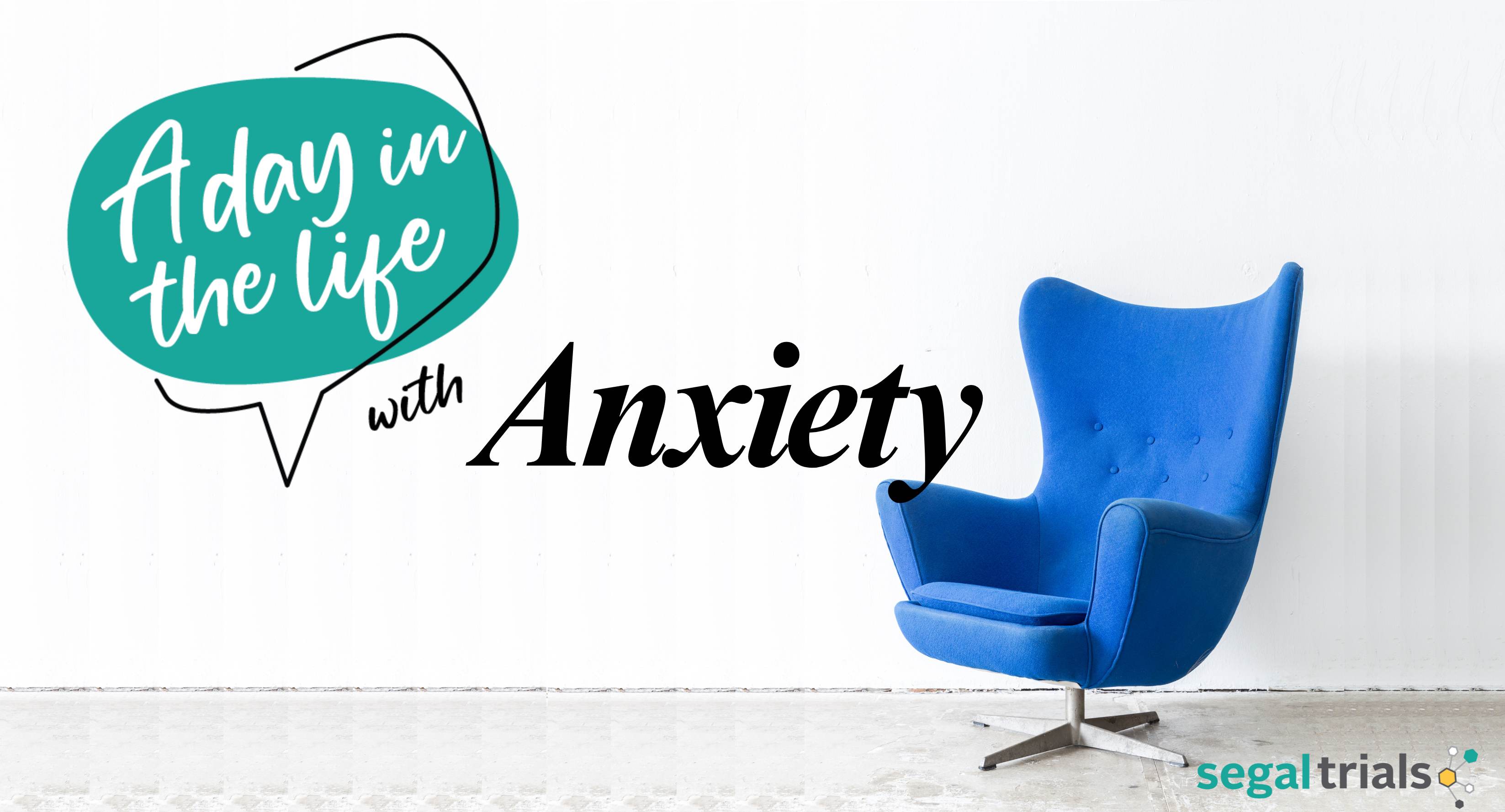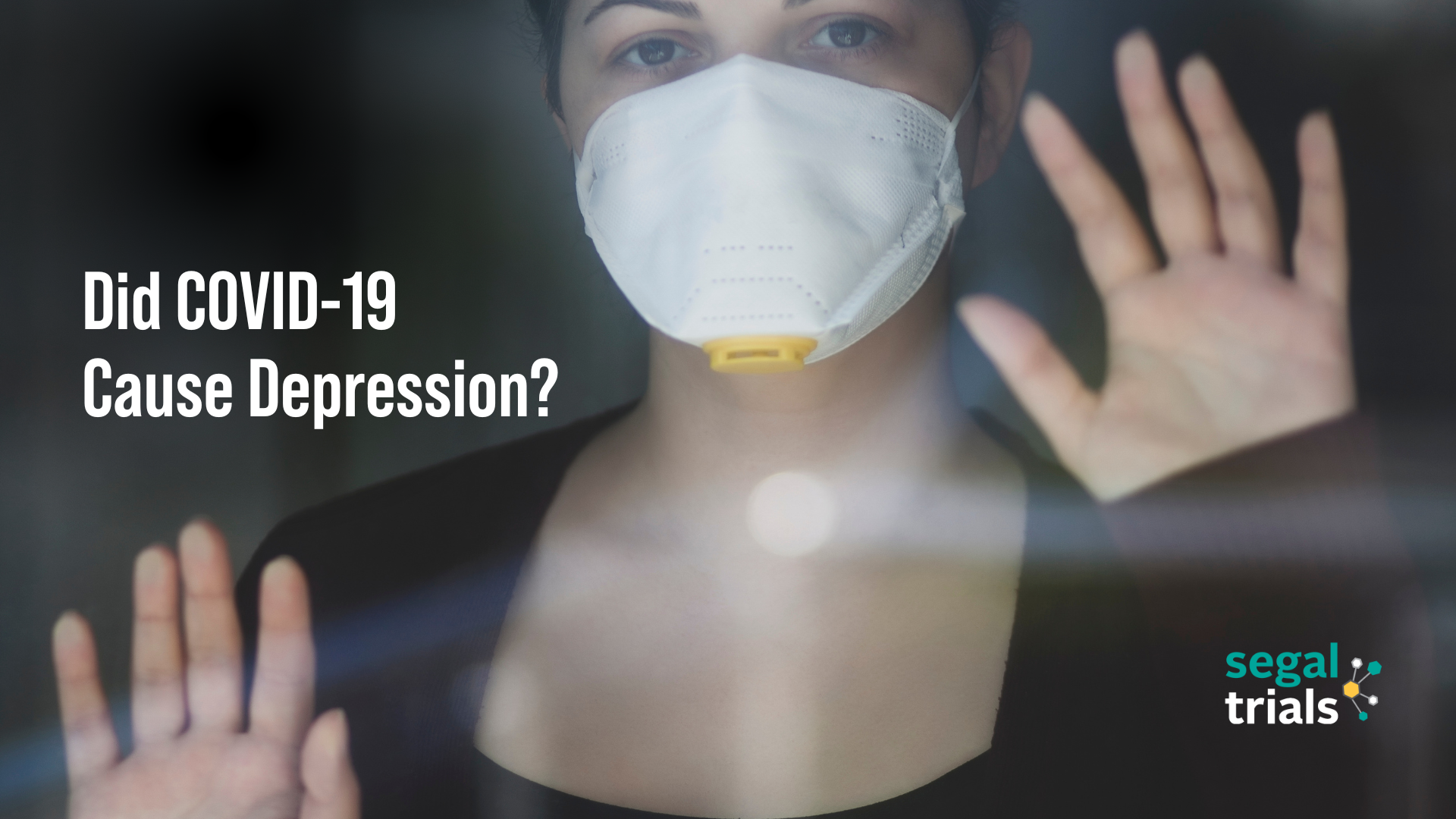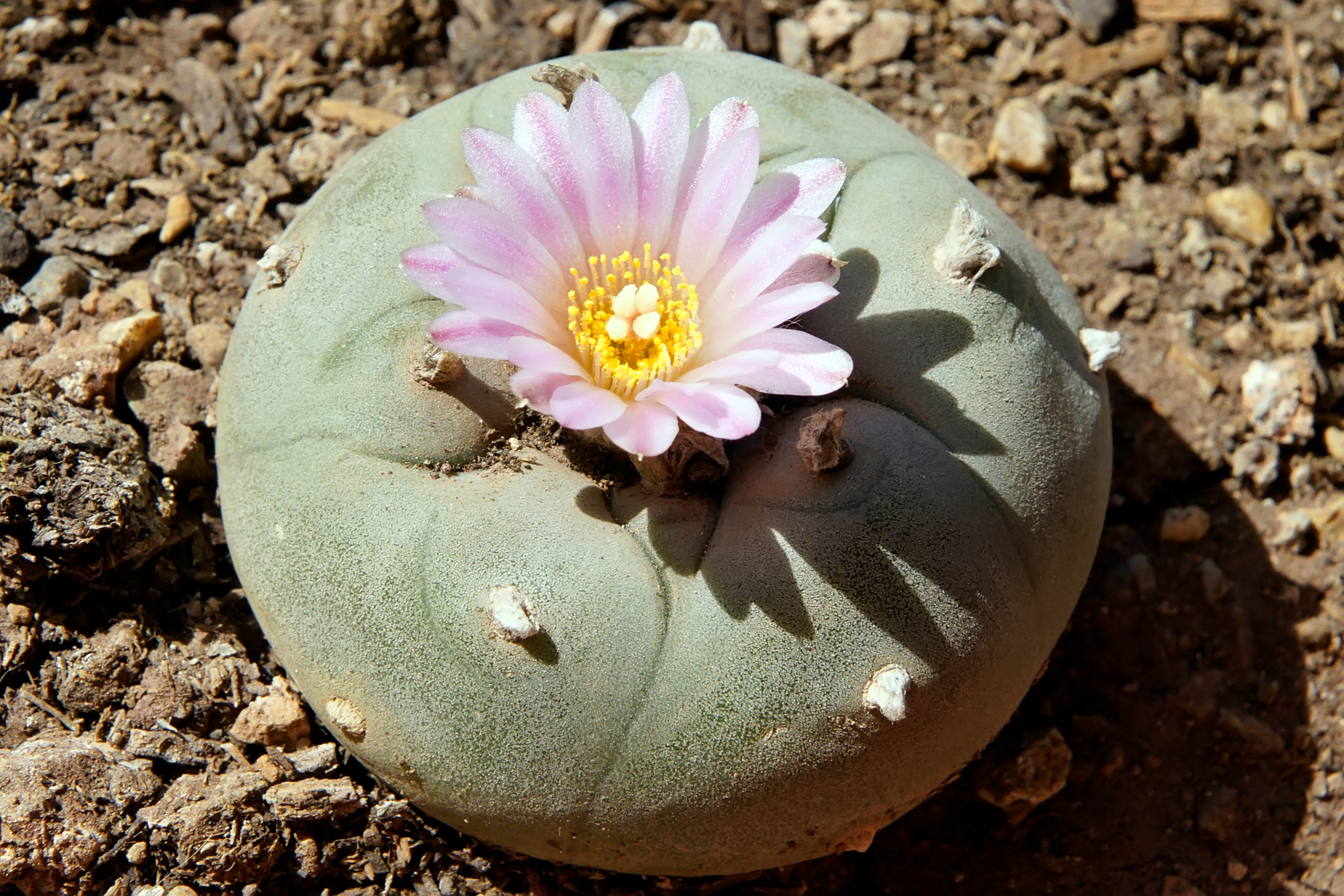In a world that often prioritizes physical health over mental well-being, it's time to shine a light on the stories that need to be heard. Welcome to "A Day in the Life With," a groundbreaking campaign series that aims to transform the way we perceive and discuss mental health. In this series, we will take you on a journey through the lives of individuals who have faced mental health challenges head-on, with courage, resilience, and a commitment to thriving. Through real-life testimonials and expert insights, we will explore a range of mental health indications, from anxiety and schizophrenia to major depressive disorder, women's health issues, migraines, and the incredible journey of caregivers.



.png)

.png)

.png)

.png)
